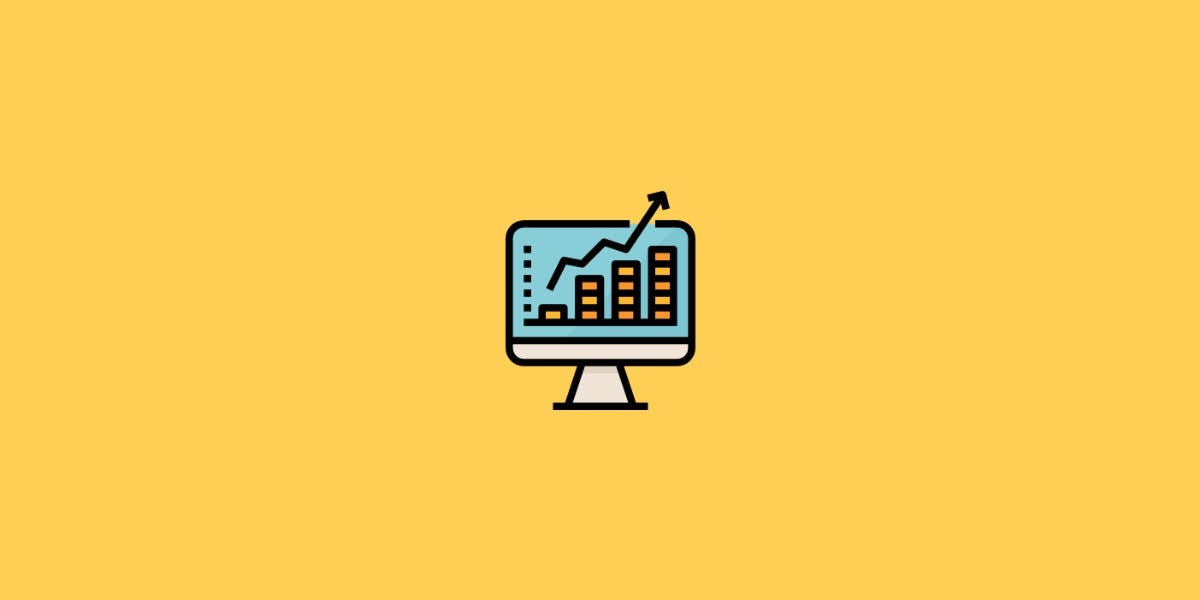PPC call tracking has revolutionized how marketers assess and optimize their paid campaigns. In the earlier days of digital marketing, success metrics were mainly limited to clicks and impressions. However, many industries rely heavily on phone calls to convert prospects into customers, which made traditional analytics insufficient. The evolution of PPC phone tracking filled this gap by providing detailed insights into the calls generated from paid ads. This technology allows marketers to attribute phone leads to specific keywords, ads, or campaigns, enabling data-driven decisions and improved ROI. As competition in pay-per-click advertising continues to intensify, businesses that integrate call tracking into their strategy gain a clearer understanding of customer behavior and campaign efficiency.
How PPC Call Tracking Works to Improve Marketing Precision
PPC call tracking operates by assigning unique phone numbers to each campaign, keyword, or ad group. When a user clicks on an ad and calls the displayed number, the system captures essential details such as call duration, source, and even caller location. This data is then linked to the specific PPC ad that triggered the call, offering precise visibility into which ads drive valuable leads. The technology can integrate with advertising platforms like Google Ads or Microsoft Advertising to deliver real-time insights. Businesses can analyze performance patterns, refine targeting, and allocate budgets more effectively. By using PPC call tracking, marketers not only monitor call volume but also evaluate the quality of each lead, ensuring advertising dollars are invested in the most productive areas.
The Role of PPC Call Tracking in Lead Attribution
One of the most significant benefits of PPC phone tracking lies in accurate lead attribution. Traditional analytics tools could measure clicks and online conversions but failed to connect offline interactions like phone calls to digital ads. PPC phone tracking bridges this gap by showing which campaigns generate actual conversations with potential customers. This helps marketers understand the full impact of their advertising strategy. For example, a keyword with fewer clicks might generate higher-quality calls, making it more valuable than one with high click-through rates but no conversions. With this level of attribution, businesses can prioritize keywords and ads that bring tangible results. Consequently, PPC call tracking ensures marketing strategies are based on performance data rather than assumptions.
Integrating PPC Call Tracking with Google Ads
Integrating PPC call tracking with Google Ads provides a more complete picture of advertising performance. Google Ads allows call extensions and call-only campaigns, but adding a call tracking system enhances data accuracy. By integrating call tracking tools, businesses can automatically record calls as conversions within the Google Ads dashboard. This synchronization ensures that every lead—whether online or via phone—is accounted for in campaign analytics. Marketers can then use these insights to optimize bidding strategies and ad copy. For instance, if a particular ad consistently drives long-duration calls, it indicates strong customer intent, and advertisers can allocate more budget to similar ads. Therefore, PPC phone tracking integration helps maximize the effectiveness of every click and call, improving overall marketing performance.
Benefits of Using PPC Call Tracking for Businesses
PPC call tracking delivers several benefits that extend beyond basic conversion tracking. One of the main advantages is the ability to identify which ads, keywords, and channels generate the most qualified leads. This insight allows marketers to fine-tune their messaging and budget allocation for optimal impact. Additionally, call tracking helps improve customer service by recording and analyzing call interactions. Businesses can review conversations to assess lead quality, train staff, and identify common customer concerns. Another benefit is the enhancement of ROI measurement. With PPC phone tracking, companies can calculate the real cost per acquisition, including offline conversions. Ultimately, it empowers data-driven decision-making and helps eliminate wasted ad spend on underperforming campaigns.
PPC Call Tracking and Keyword-Level Analysis

Keyword-level call tracking is one of the most powerful features that PPC phone tracking systems offer. It enables marketers to pinpoint exactly which keywords triggered a call, providing granular insights into search intent and campaign performance. By tracking calls at the keyword level, advertisers can identify high-performing search terms that lead to conversions. This allows for smarter bidding and better alignment of ad copy with user intent. For example, if certain keywords generate longer calls or higher conversion rates, advertisers can focus their budget on those terms. Conversely, underperforming keywords can be refined or paused to conserve resources. This level of analysis transforms how businesses manage PPC campaigns, ensuring that every keyword contributes to measurable growth.
Optimizing Landing Pages through PPC Call Tracking Data
PPC call tracking provides valuable data that can be used to optimize landing pages for better user engagement. By examining which landing pages generate more calls, marketers can identify the elements that resonate with audiences. Factors like call-to-action placement, form design, and content layout play crucial roles in conversion rates. When PPC phone tracking reveals that certain pages drive higher call volumes, similar strategies can be replicated across other campaigns. It also helps businesses detect friction points—such as slow-loading pages or unclear messaging—that deter potential callers. In this way, PPC phone tracking becomes a key component of landing page optimization, ensuring that every visitor has a seamless and persuasive experience.
Using Call Recordings for Quality and Compliance Improvement
Many PPC call tracking systems include call recording features that can significantly enhance customer service and compliance monitoring. Reviewing recorded calls helps teams evaluate how effectively leads are handled, identify training opportunities, and ensure adherence to compliance standards. For example, sales managers can listen to calls to determine whether staff follow approved scripts and maintain brand consistency. Moreover, analyzing call recordings can uncover customer objections or frequently asked questions that can inform future marketing messages. In industries like healthcare or finance, where compliance is critical, PPC phone tracking helps maintain documentation and accountability. This dual benefit of improving quality and ensuring compliance adds substantial value to marketing operations.
PPC Call Tracking and Multi-Channel Campaign Insights
In today’s marketing landscape, customers interact with brands through multiple channels before making a decision. PPC call tracking helps unify data from different platforms to create a cohesive view of the customer journey. By integrating with CRM systems, PPC call tracking links online clicks, website visits, and phone calls under a single customer profile. This holistic perspective helps businesses understand which touchpoints influence conversions the most. For instance, a customer might click an ad, browse the site, and later call from a remarketing campaign. PPC phone tracking connects all these interactions, allowing marketers to allocate credit accurately across campaigns. This multi-channel insight enables more strategic decision-making and stronger customer engagement.
Challenges and Limitations of PPC Call Tracking
Despite its many advantages, PPC phone tracking also presents challenges that marketers must address. One issue is the potential complexity of implementation, especially for businesses running multiple campaigns across regions. Maintaining dynamic phone numbers and integrating with analytics tools requires technical expertise. Privacy regulations, such as GDPR, also demand careful handling of call data to protect user information. Furthermore, over-reliance on call metrics can lead marketers to overlook other valuable conversion channels. Therefore, PPC phone tracking should be used as part of a broader analytics framework that considers the full spectrum of customer behavior. Addressing these limitations ensures that businesses can fully benefit from the technology without compromising compliance or balance in their marketing strategy.
The Future of PPC Call Tracking and AI Integration
The future of PPC call tracking lies in artificial intelligence and advanced analytics. AI-powered systems can analyze call transcripts to determine sentiment, intent, and conversion likelihood automatically. This enables marketers to identify high-value leads faster and refine campaigns with predictive accuracy. Integration with voice recognition technologies will further streamline data collection, making analysis more efficient and precise. As AI continues to evolve, PPC phone tracking will not just measure performance but also provide strategic insights into consumer behavior. This shift will empower businesses to create smarter, personalized campaigns that resonate with target audiences. The integration of automation and AI will transform PPC call tracking into an indispensable asset for every data-driven marketer.
Conclusion
PPC call tracking has become an essential component of modern digital advertising. By connecting online ads with offline conversations, it provides a complete picture of campaign performance. Businesses can use PPC phone tracking to identify which keywords, ads, and landing pages generate the most qualified leads. It enhances ROI measurement, customer service, and strategic decision-making. Despite certain challenges, its integration with AI and analytics tools continues to expand its value. In an increasingly competitive market, PPC phone tracking ensures that every marketing decision is informed, efficient, and results-driven.
















